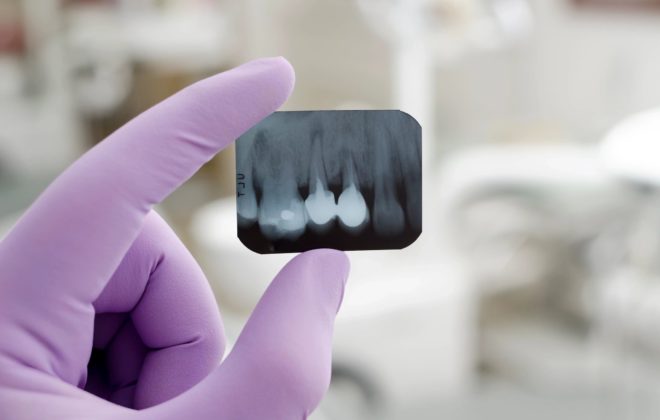Amyloid hypotheses – From widely accepted to hotly debated
The past month has led way to what many in the Alzheimer’s field might consider a “seismic shift”. The controversy began when it was revealed that data underlying the most prominent theory of Alzheimer’s causation – the amyloid hypothesis – was potentially manipulated or even…
Incredible Discoveries in Alzheimer’s Research
By Dr. Chris Wheeler, CSO – T-Neuro Pharma Something amazing just happened in Alzheimer’s research, and the implications go well beyond the actual data generated. You see, there are 2 major forms of Alzheimer’s. One is hereditary early onset Alzheimer’s (EOAD). If you inherited a…
Where Alzheimer’s Research Is Pushing Ahead
The failure last week of Biogen Inc. BIIB -4.48% and Eisai Co.’s ESALY 6.19% once-promising Alzheimer’s disease drug was the latest in a spate of disappointments for medicines designed to target Beta amyloid, a sticky substance long known to accumulate in the brains of people…
Hundreds Of Alzheimer’s Drugs Targeting Amyloids Have Crashed And Burned. Why Is Pharma Still Obsessed With Them?
Drug after drug after drug that targeted a brain compound called beta amyloid have failed over the years. “We are running out of excuses” for why beta-amyloid treatments aren’t working, said Zaven Khachaturian, editor-in-chief of the medical journal Alzheimer’s & Dementia. But drugmakers “keep trying,…
Alzheimer’s and amyloid: ‘It’s time to do something else’
If there is anything more certain than the failure of experimental Alzheimer’s drugs — nearly 300, at last count — it is the immediate reaction of many diehard supporters of the amyloid hypothesis: They insist that idea, which served as the basis for most of…
Could Alzheimer’s Be a Reaction to Infection?
What do people fear the most about getting old? The answer is Alzheimer’s disease. Indeed, a 2014 poll conducted in the United Kingdom found that two thirds of people over the age of 50 were worried about developing dementia, which primarily manifests in the form of Alzheimer’s…
Evidence Mounts That Germs May Cause Alzheimer’s
In the end it will be microbes—bacteria, viruses and fungus—found to be at the root of all disease and aging, and specifically Alzheimer’s, contends geneticist Dr. Rudolph “Rudy” Emile Tanzi. Continue Reading on Forbes.com >
The amyloid hypothesis on trial
In early 2018, two high-profile clinical trials of drugs for Alzheimer’s disease ended in disappointment. The drugs joined a long list of potential treatments that have failed to deliver significant benefits in people. Their development was guided by an idea that has dominated research on…
Extravascular CD3+ T Cells in Brains of Alzheimer Disease Patients Correlate with Tau but Not with Amyloid Pathology: An Immunohistochemical Study
Strong genetic and epidemiological evidence points to a crucial role of the immune system in the development of Alzheimer disease (AD). CD3+ T lymphocytes have been described in brains of postmortem AD patients and in transgenic models of AD-like cerebral amyloidosis and tau pathology. However,…
Gum Disease, Alzheimer’s Disease May Be Linked
People with poor oral hygiene or gum disease may be at a greater risk of developing Alzheimer’s disease, according to a study published online in the Journal of Alzheimer’s Disease on May 10. Continue Reading at Colgate.com >











